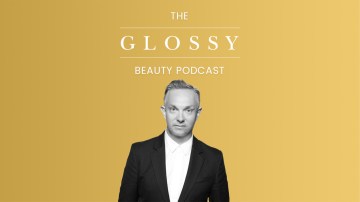 Josh Wood on his hair-color business during the pandemic: ‘DTC has gone crazy’
Josh Wood on his hair-color business during the pandemic: ‘DTC has gone crazy’ Wood joined the Glossy Beauty Podcast to talk about the market gap he saw before starting his own color line, the emotional value of keeping to a beauty regime even while in isolation and his huge respect for competitor Madison Reed.
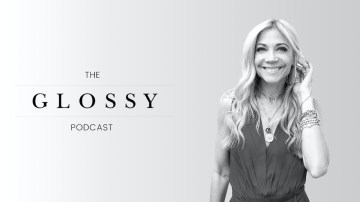 Ramy Brook Sharp on why the future of the company is DTC, no matter how long the pandemic lasts
Ramy Brook Sharp on why the future of the company is DTC, no matter how long the pandemic lasts Ramy Brook Sharp opened a brand flagship store in Manhattan last fall, before the coronavirus pandemic shut down just about every brick-and-mortar store in New York City -- though since, the company's focus has changed to the company's e-commerce site, of course. Direct-to-consumer was a priority even before the crisis....
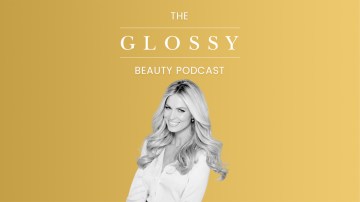 BeautyBio’s Jamie O’Banion on a CEO’s responsibility to plan for the ‘worst-case scenario’
BeautyBio’s Jamie O’Banion on a CEO’s responsibility to plan for the ‘worst-case scenario’ BeautyBio, which sells skin care products and a micro-needling tool, had been looking to expand considerably into brick-and-mortar this year. But its founder describes part of her job as "always thinking through worst-case scenario and planning for it." With the coronavirus pandemic overtaking consumers' health and simultaneously slowing down the...
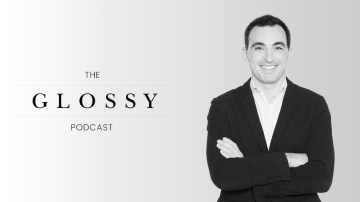 Rebag founder Charles Gorra: ‘We compete against idleness’
Rebag founder Charles Gorra: ‘We compete against idleness’ Gorra's estimate is that nine out of 10 "luxury owners" have never sold those items, and that most of his customers (on the selling end) are doing so for the first time. It helps that Rebag buys pieces upfront in nine physical locations in Los Angeles, New York State and...
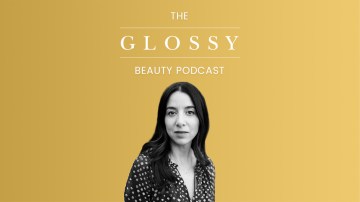 Ilia Beauty founder Sasha Plavsic on riding the clean category’s ‘extreme growth pattern’
Ilia Beauty founder Sasha Plavsic on riding the clean category’s ‘extreme growth pattern’ Plavsic saw a gap in the market soon before launching the brand: "Anything that was natural was more in the hippy direction, or it was marketed toward a different demographic." Ten years later, clean beauty is experiencing what Plavsic called "an extreme growth pattern."
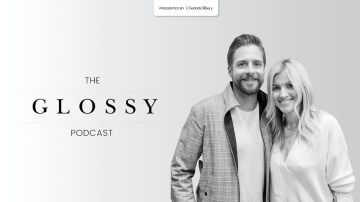 Gorjana’s founders on growing a profitable jewelry business: ‘No home runs here’
Gorjana’s founders on growing a profitable jewelry business: ‘No home runs here’ Three years ago, only 10% of the Gorjana's sales came from direct-to-consumer channels. Now, that's up to 80%, and the self-funded jewelry company expects to have 16 U.S. stores open by the end of May.
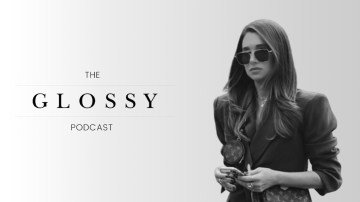 We Wore What founder Danielle Bernstein on making the move from influencer to fashion designer
We Wore What founder Danielle Bernstein on making the move from influencer to fashion designer When Danielle Bernstein got started as an influencer, payment schemes were a bit arbitrary. "There weren't any set fees for posting on a blog, taking photos for a brand," she said. Years later, she's helping define the path from influencer to fashion designer.
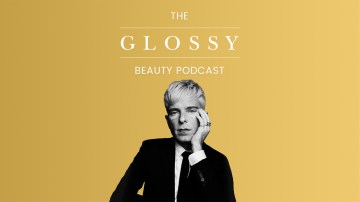 Drew Elliott: ‘I’ve always thought of MAC as being at the center of pop culture’
Drew Elliott: ‘I’ve always thought of MAC as being at the center of pop culture’ "If pop culture could be a brand of cosmetics, it would be MAC. So to me, it was just a new kind of editorial challenge," Elliott said. Indeed, the Estée Lauder Companies-owned brand has its own ways of working with influencers and driving attention in the age of social media.
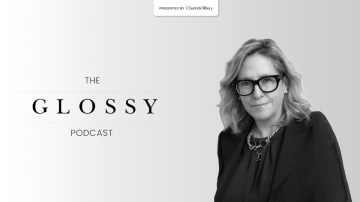 Amanda Uprichard on how her namesake brand is handling the coronavirus epidemic
Amanda Uprichard on how her namesake brand is handling the coronavirus epidemic Amanda Uprichard's namesake fashion company has quickly reshaped its supply line to work in a world living with the coronavirus. "Now, we make maybe 90% of our stuff here because of the virus," Uprichard said about her New York operation. Previously, half of the line's manufacturing was based in China.
